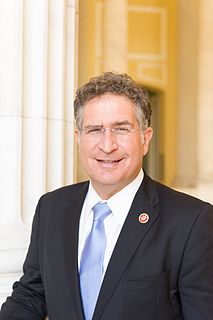A Quote by Rebecca MacKinnon
Like it or not, Google and the Chinese government are stuck in a tense, long-term relationship, and can look forward to more high-stakes shadow-boxing in the netherworld of the world's most elaborate system of censorship.
Related Quotes
Google will be obliged either to accept Chinese regulations or exit the world's largest Internet market, with serious consequences for its long-term global ambitions. This is a metaphor for our times: America's most dynamic company cannot take on the Chinese government - even on an issue like free and open information - and win.
The U.S. has the most advanced cyber-weaponry on the planet, and t if you look at the U.S. from the perspective of the Chinese People's Liberation Army, which runs most of its cyber activities, they look at you and they see Google and Facebook - the two largest depositories of personal data in the world - and they see the reach of the National Security Agency, which has huge digital capacity to know what is going on around the world. So the Chinese would see cyber as an un-level playing field, because the U.S. holds all sorts of advantages.
Northleaf is delighted to have been chosen to manage the new fund. We look forward to implementing the fund's long-term strategy of constructing a portfolio of high-potential venture capital funds with the scale and resources to execute their plans, support successful high-growth companies and deliver world-class returns.
I wish that Google would realize its own power in the cause of free speech. The debate has been often held about Google's role in acceding to the Chinese government's demands to censor search results. Google says that it is better to have a hampered internet than no internet at all. I believe that if the Chinese people were threatened with no Google, they might even rise up and demand free speech - free search and links - from their regime. Google lives and profits by free speech and must use its considerable power to become a better guardian of it.































